Central America
Nicaragua detains another opposition presidential hopeful

AFP/Editor
Police in Nicaragua on Saturday took opposition politician Arturo Cruz into custody, detaining a second presidential hopeful in less than a week.
Cruz was seized at the Managua airport upon return from the United States, on accusations of acting “against Nicaraguan society and the rights of the people,” prosecutors said.
His detention came three days after opposition figure Cristiana Chamorro — a possible challenger to leftist President Daniel Ortega in November elections — was placed under house arrest, after government claims that she was guilty of money laundering.
Cruz, 67, announced his candidacy two months ago, running with the conservative Citizen Alliance for Freedom.
The National Police said it would “refer the person under investigation to the competent authorities for prosecution and to determine criminal responsibilities.”
The Nicaraguan Center for Human Rights called Cruz’s detention a “perverse strategy” on the part of Ortega’s government to silence people he considers political enemies.
“These are not criminal investigations, this is political persecution,” it said.
The United States called for Cruz’s “immediate release.”
“The international community has spoken: under Ortega, Nicaragua is becoming an international pariah and moving farther away from democracy,” acting undersecretary of the US State Department’s Bureau of Western Hemisphere Affairs Julie Chung said on Twitter.
– ‘Dance of suppression’ –
Cruz served as Nicaragua’s ambassador to the United States between 2007 and 2009, under Ortega’s government.
His detention followed that of Chamorro, a 67-year-old journalist not aligned to any party.
The daughter of former president Violeta Barrios de Chamorro, a recent poll showed her to be the favorite to beat Ortega in November, though he has not confirmed he will seek a fourth term.
But Chamorro has for weeks been the subject of a judicial investigation into money-laundering, which she has denounced as a “macabre farce” set up to prevent her from standing as a candidate.
A day before his arrest, Cruz had warned via Twitter that he was considering withdrawing from the race.
If Nicaraguan authorities “continue the dance of suppression and we are left without other candidates, the logical thing is that this servant does not participate in this process,” he said on Twitter.
“We must seriously consider participating in this spurious exercise.”
Last month, Nicaragua’s legislature appointed a majority of governing party-aligned magistrates to the election body that will oversee the elections.
It has since disqualified two parties.
In December the legislature approved a law critics say is aimed at preventing opposition politicians from standing in the election. Sponsored by Ortega, it bars “those who ask for, celebrate and applaud the imposition of sanctions against the Nicaraguan state.”
Ortega, an ex-guerrilla who governed from 1979 to 1990, returned to power in 2007 and won two successive reelections.
Central America
Panama’s President Mulino: “We are regaining international trust” to exit tax haven lists
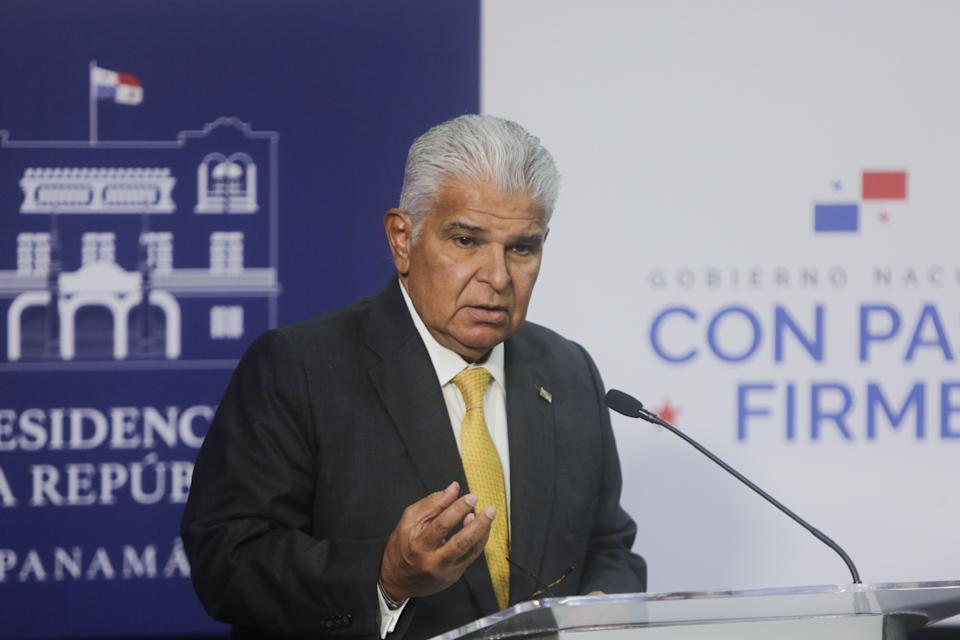
Panama’s President José Raúl Mulino stated on Tuesday that the Central American country is “regaining international trust” regarding lists that label it as a tax haven, and that it hopes to be removed from these lists in the near future.
“At the international level, we are regaining confidence. Panama is taking firm steps to get off the European Union’s list, thanks to the coordinated work of various institutions,” Mulino said during his first-year report speech before the deputies.
The Panamanian president emphasized that he has “increased” his “engagement” with the Organisation for Economic Co-operation and Development (OECD) “not only with the aim of leaving these lists but also to begin our path toward joining that important group of democratic states and prosperous economies.”
Since taking office on July 1, 2024, Mulino has stressed that he will work to have Panama removed from what he calls “discriminatory” lists that consider it a tax haven. He has even focused part of his official conversations during trips to Europe on this issue.
Currently, Panama has strengthened banking regulations following the 2016 Panama Papers scandal. However, it remains on some lists, such as that of the Netherlands, while it has been removed from others, including the Financial Action Task Force’s (FATF) grey list in 2023.
Additionally, the European Commission recommended in June that Panama be removed from its list of jurisdictions with a high risk of money laundering and terrorist financing. The European Parliament and member states still have a month (extendable to two) to review the proposal, and unless opposed, it will take effect after that period.
Central America
Castro to address FfD4 in Spain as Global Financial Reform takes center stage
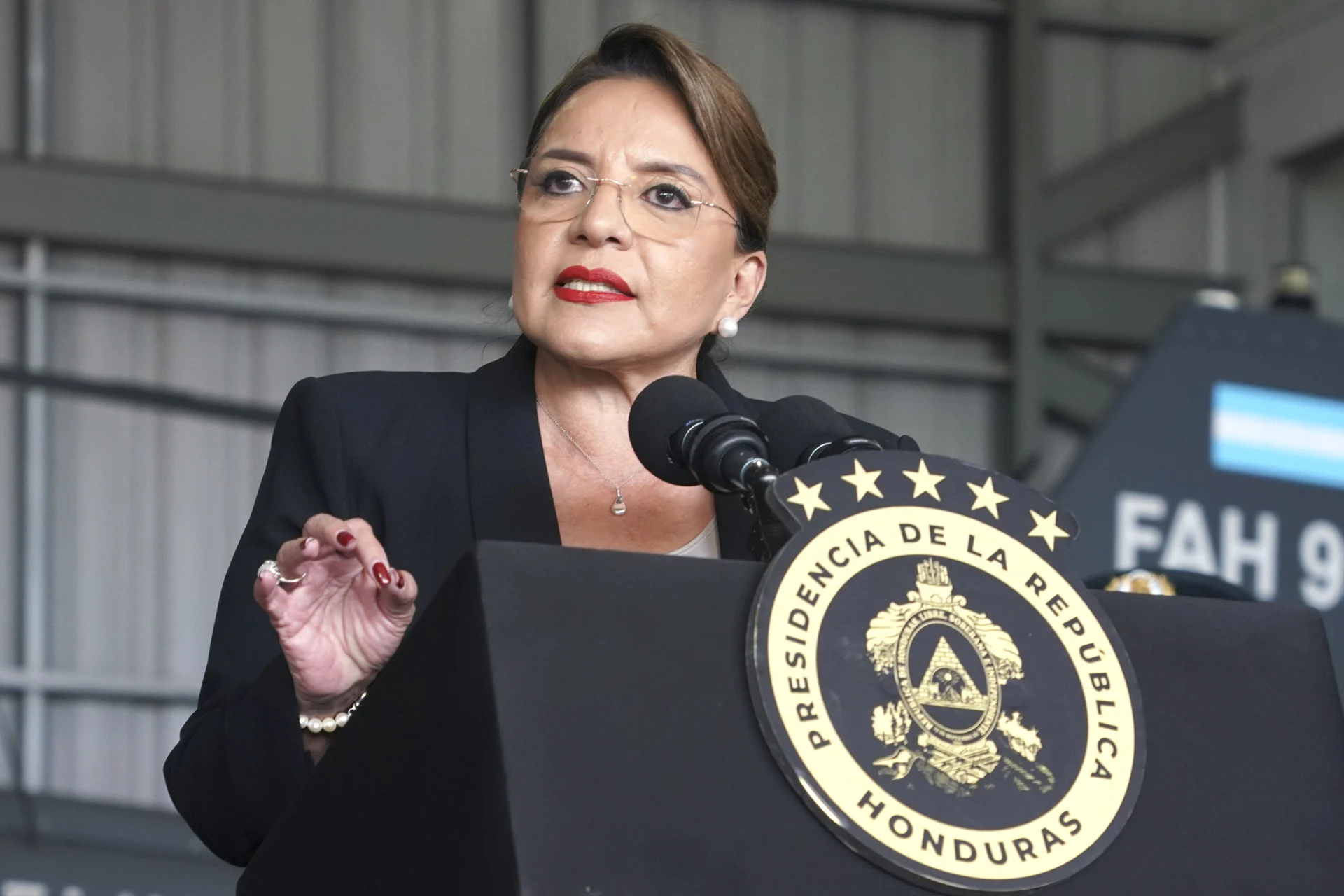
Honduran President Xiomara Castro will participate in the Fourth International Conference on Financing for Development (FfD4), to be held in Seville, Spain, from June 30 to July 3, Honduran Ambassador to Spain Marlon Brevé announced on Saturday.
The president is expected to arrive in Seville on Sunday and deliver her address on Monday, according to the diplomat.
Castro will be accompanied by Foreign Minister Javier Bu, her private secretary and son Héctor Zelaya, and Finance Minister Christian Duarte.
Spain is hosting the FfD4 conference at a critical time, as global development cooperation budgets face constraints while humanitarian needs continue to grow due to conflicts, political instability, and the climate crisis.
The conference will bring together world leaders, international organizations, private sector representatives, and civil society, aiming to review and reorient global development financing strategies.
Organized by the United Nations Department of Economic and Social Affairs (UNDESA) through its Office for Financing for Sustainable Development, this high-level forum has been held since 2002 to promote structural financial reforms.
Key goals of the FfD4 include mobilizing greater volumes of capital at lower costs and reforming the international financial architecture to support the 2030 Agenda for Sustainable Development and meet the urgent needs of developing nations.
Central America
Migrants stranded in Panama amid US Policy crackdown and Darién gap barriers
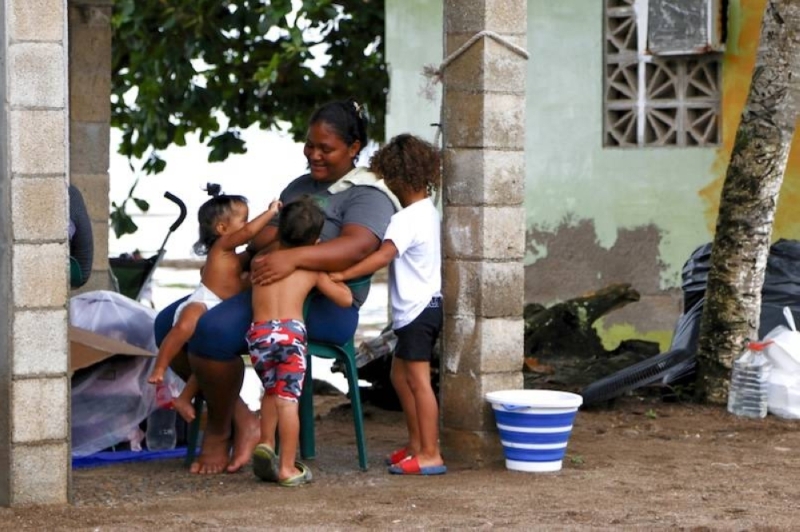
Migrants who once dreamed of reaching the United States are now forced to head back south after the arrival of President Donald Trump and stricter immigration policies. Many are stranded in Panama, caught between the Darién jungle barrier and the high costs of crossing the Caribbean Sea.
In Miramar, a small coastal town in Panama, dozens of migrants—mostly Venezuelans—wait for a chance to continue their journey to Colombia. Private boat rides to the border are out of reach for many, with fares reaching up to $260 per person.
“Here we’re stopped by the sea and the money. If it were a road, we’d already be in Colombia. But paying for three tickets for me and my children is impossible,” lamented Marielbis Eloina Campos, a 33-year-old Venezuelan traveling alone with her four young children after waiting a week in Miramar.
Campos left Brazil in 2023 and crossed the dangerous Darién jungle alone with her children, one carried on her back. The journey took six days, and she recalls one child nearly drowning while crossing a river. Despite the risks, she reached Mexico City, where she stayed over a year waiting for an asylum appointment via the CBP-One app. However, its cancellation under the Trump administration forced her to give up and return to Brazil.
“Mexico is torture for us migrants. I feared my children would be kidnapped,” said Campos, who pleaded for help to continue without being chased as if immigration authorities were “a mafia.”
Due to the high cost of private transport, Panama organized a humanitarian trip that transported 109 migrants from nine nationalities from Colón to the Colombian border aboard an official boat of the National Aeronaval Service (Senan). Another similar operation is expected soon.
Panama’s president, José Raúl Mulino, expressed concern about this reverse migration flow:
“I am worried that the number of people moving from north to south is increasing,” he said this month.
-
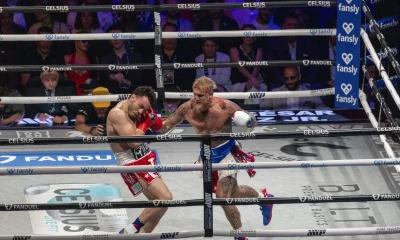
 International4 days ago
International4 days agoJulio César Chávez Jr. faces charges in Mexico after U.S. arrest
-

 International4 days ago
International4 days agoMexico’s president blasts ‘Inhumane’ U.S. migration law
-
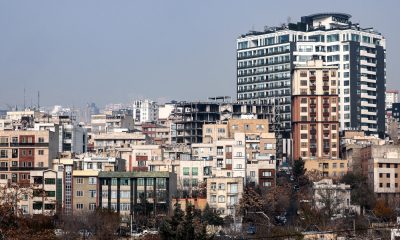
 International5 days ago
International5 days agoTehran airports resume operations as Iran lifts airspace closure
-
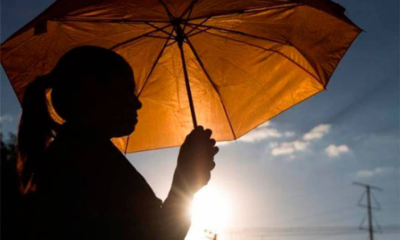
 International4 days ago
International4 days agoEurope faces a summer of heatwaves and wildfires, Red Cross warns
-

 International4 days ago
International4 days agoDenmark takes Trump’s Greenland threats seriously, rules out military annexation
-
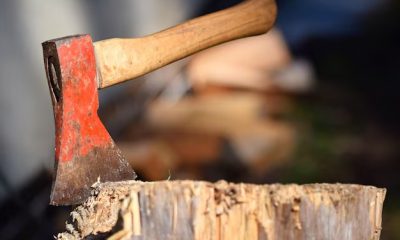
 International5 days ago
International5 days agoMan attacks passengers with axe on german ICE Train
-
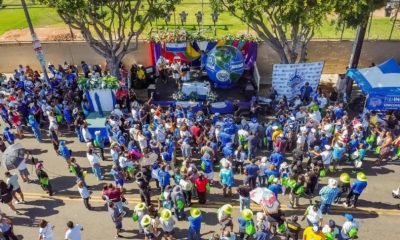
 International2 days ago
International2 days agoSalvadoran Day USA 2025 canceled amid fears of immigration raids
-
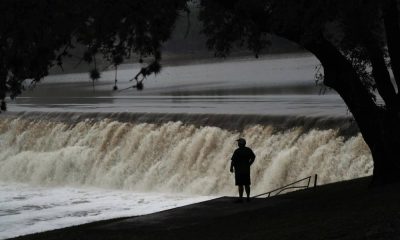
 International2 days ago
International2 days agoTexas Floods: Death toll rises to 68, dozens still missing
-
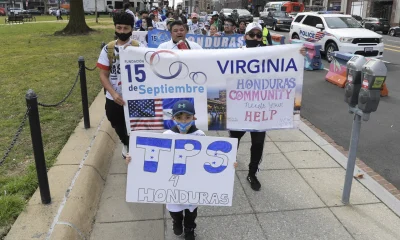
 International19 hours ago
International19 hours agoHonduras regrets U.S. decision to end TPS for 72,000 hondurans
-

 International19 hours ago
International19 hours agoIranian president says Israel tried to assassinate him, warns U.S. against war
-

 International19 hours ago
International19 hours agoGunman killed after shooting outside Texas Border Patrol Building
-
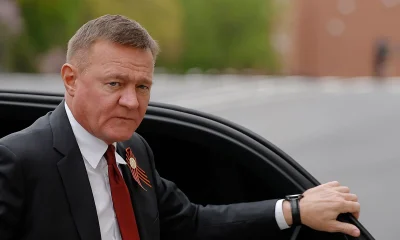
 International19 hours ago
International19 hours agoRussian ex-transport minister found dead after dismissal by Putin
-
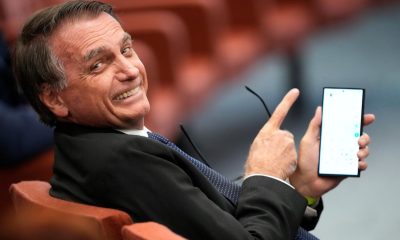
 International19 hours ago
International19 hours agoBolsonaro thanks Trump for support amid Brazil coup trial
-

 International19 hours ago
International19 hours agoSheinbaum urges unity and respect after clashes over gentrification in Mexico City
-
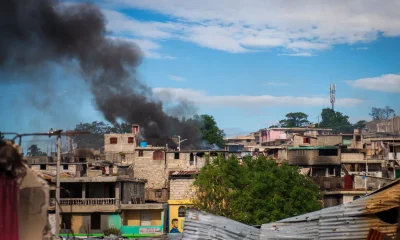
 International20 hours ago
International20 hours agoTrump ends TPS for haitians as gang violence surges in homeland
-
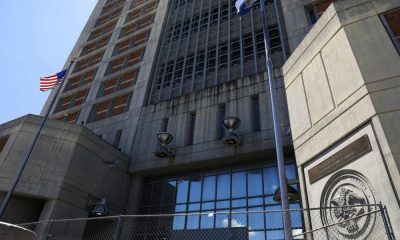
 International19 hours ago
International19 hours agoDOJ and FBI officially deny Jeffrey Epstein ‘client list’ conspiracy theories




















